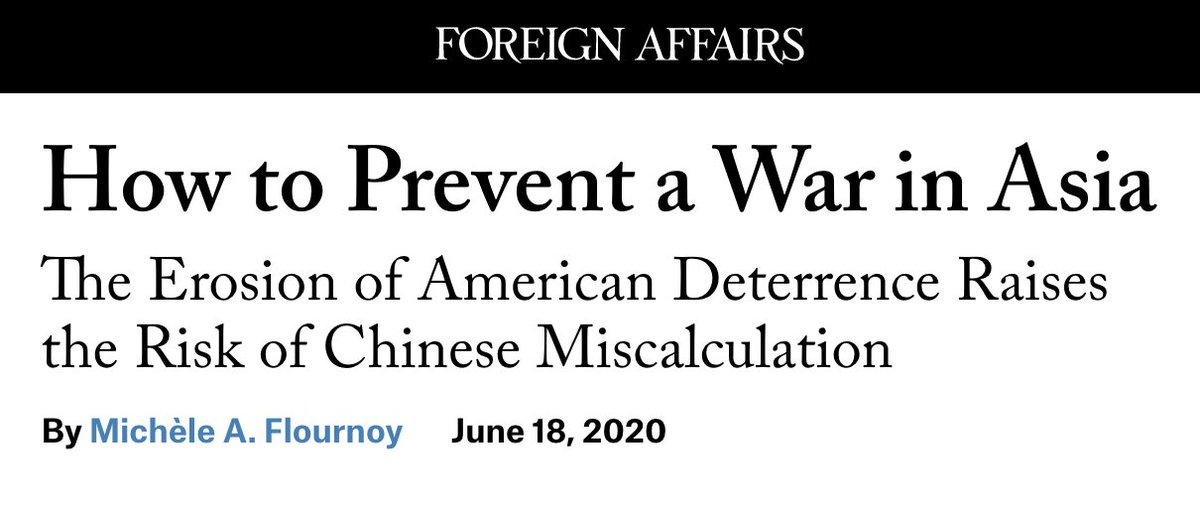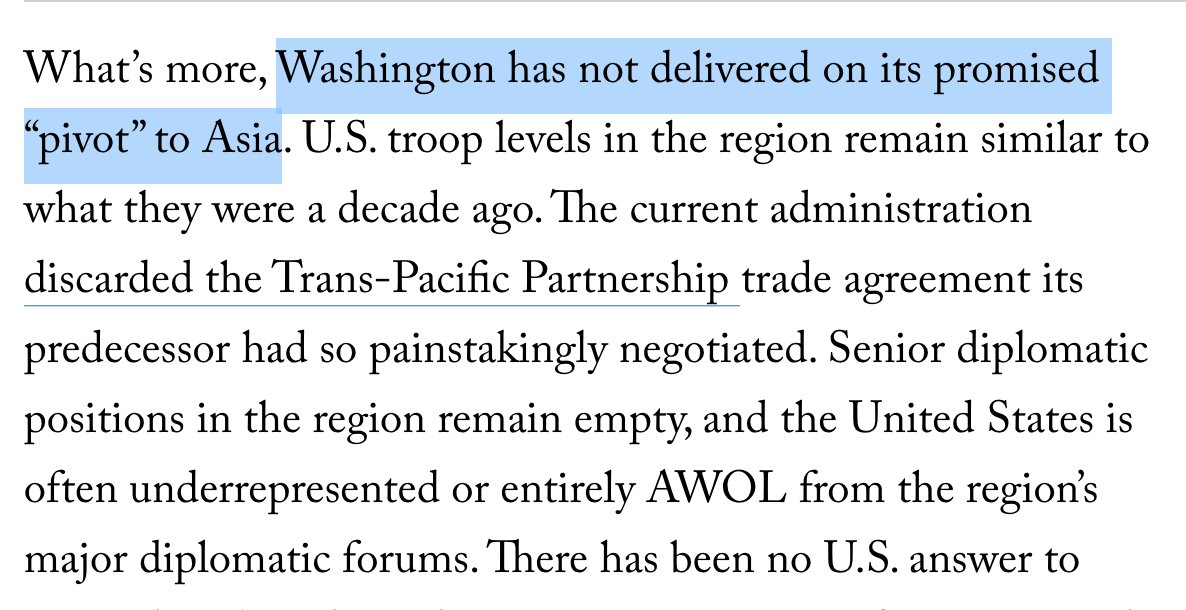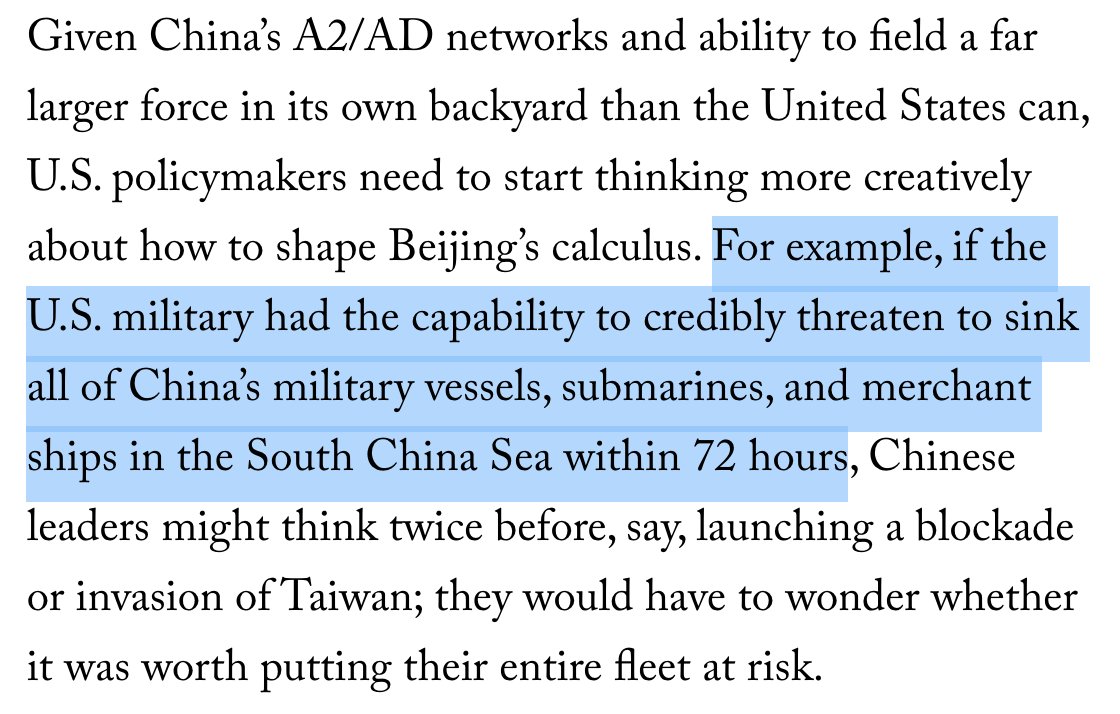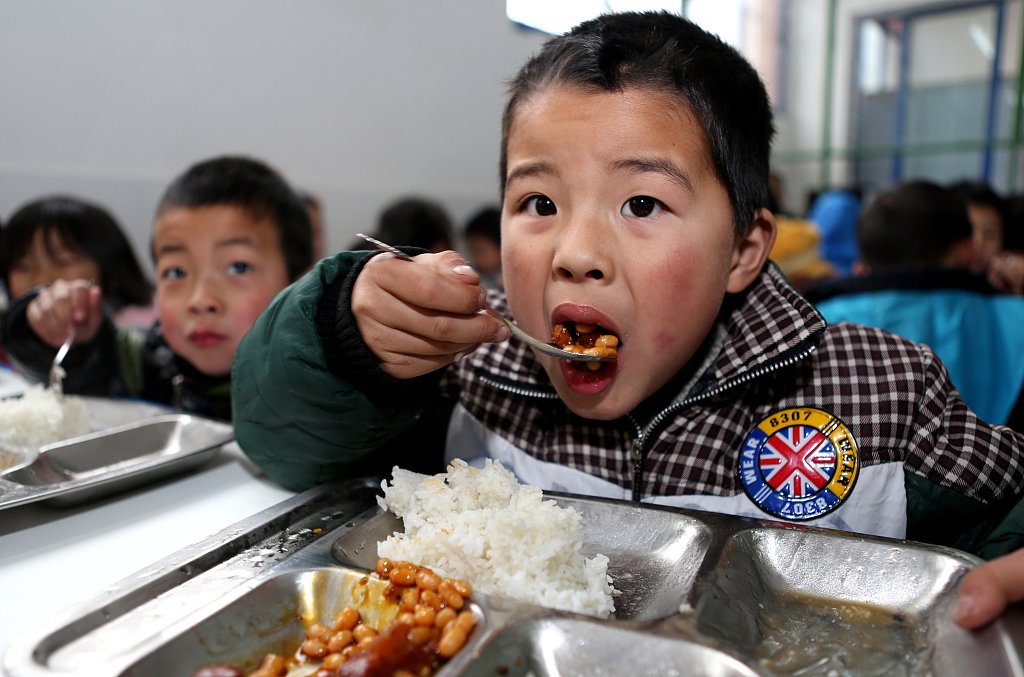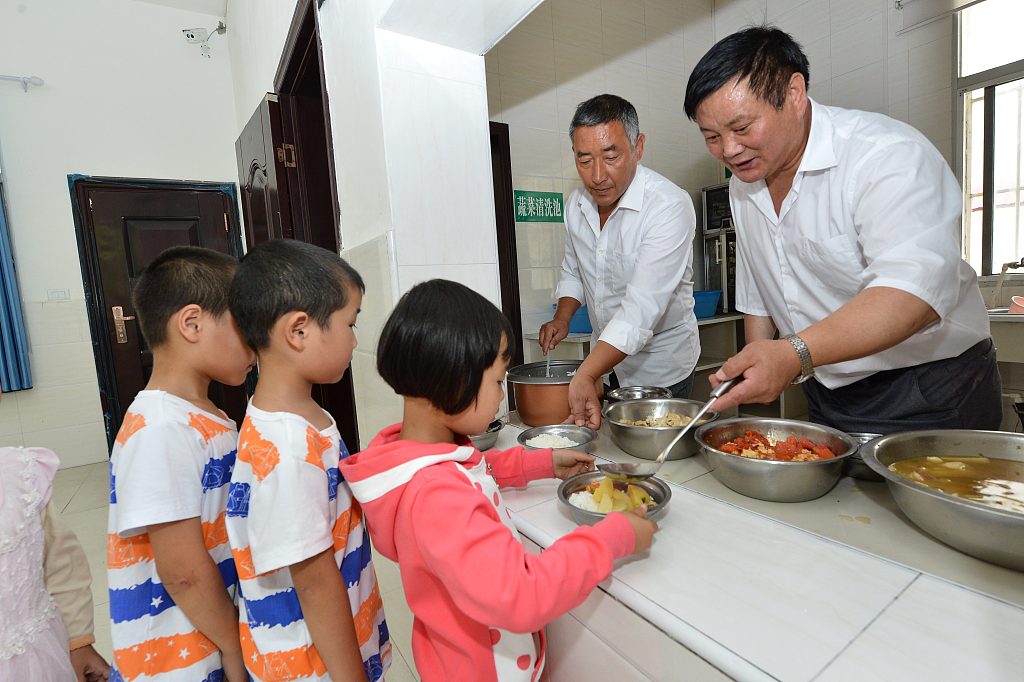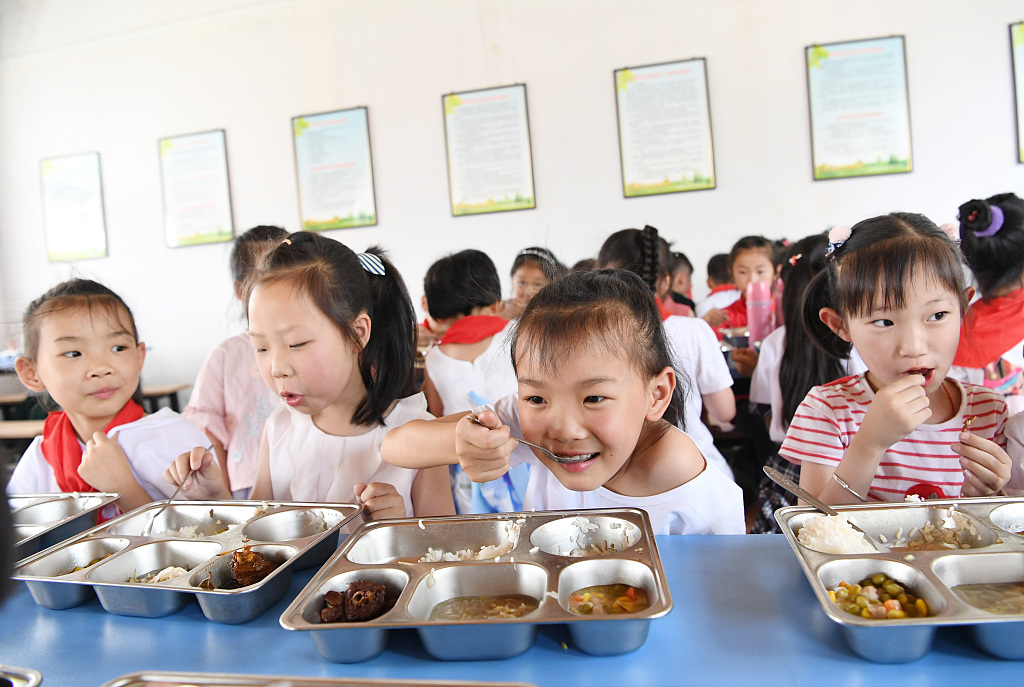
China joined 25 other countries at the UN this week in demanding an end to U.S. "unilateral coercive measures," condemning economic sanctions as a violation of international law.
news.yahoo.com/china-leads-un…
news.yahoo.com/china-leads-un…
U.S. hawks bemoan China's economic and diplomatic support for targets of U.S. sanctions such as Iran, Venezuela, Cuba, and the DPRK.
Sanctions are meant to shut out nations from the world economy, so they lose efficacy when nations like China dare to challenge the U.S. line.
Sanctions are meant to shut out nations from the world economy, so they lose efficacy when nations like China dare to challenge the U.S. line.
Many Chinese firms and officials have incurred secondary sanctions from the U.S. for "violating" unilateral U.S. sanctions on Iran and others.
This is why Chinese diplomacy offers a path to a multipolar world, in which the U.S. cannot singlehandedly strong-arm global affairs.
This is why Chinese diplomacy offers a path to a multipolar world, in which the U.S. cannot singlehandedly strong-arm global affairs.
In its battle against COVID, Iran has continued to suffer under U.S. sanctions.
But China was the first and largest sender of aid to Iran. As early as February 28, Chinese Red Cross delegations arrived to supply Iran with tests, ventilators, and PPE.
wsj.com/articles/china…
But China was the first and largest sender of aid to Iran. As early as February 28, Chinese Red Cross delegations arrived to supply Iran with tests, ventilators, and PPE.
wsj.com/articles/china…
China alone cannot dismantle the world system of U.S. dollar hegemony, unilateral sanctions, and endless war. However, its consistent diplomatic and economic support for nations being strangled by the U.S. sanctions regime is a glimpse of a different way forward.
• • •
Missing some Tweet in this thread? You can try to
force a refresh

